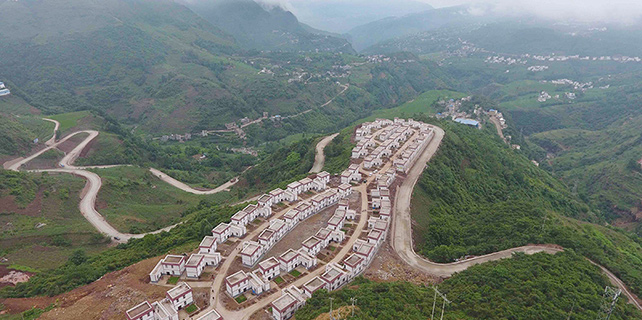Credit rating cut a reckless move
In response to Standard& Poor's recent downgrading of China's sovereign credit rating from AA-to A+, China's Ministry of Finance said it was a "wrong decision" that ignored China's economic strength.
"A prolonged period of strong credit growth has increased China's economic and financial risks," S&P said in its statement announcing the change, adding that the growth in credit has supported China's economic growth but "also diminished its financial stability to some extent".
However, the decision is hard to understand as the fundamentals and quality of China's economic growth have improved and the authorities are able to control credit risks. Using China's credit growth and debt burden while failing to take account of such factors as the structure of China's financial market, and its economic resilience and growth potential, simply reflects that S&P lacks a precise and objective perspective for assessing China's economic and financial health and its lack of understanding about China's actual conditions.
According to the Ministry of Finance, China's credit growth reflects the country's economic development stage and financing structure and is affected by such factors as the ongoing adjustment of the country's economic structure.
China is a country with a high savings ratio and its colossal savings have long supported its indirect financing system, which, according to experts, is enough to help China maintain a sound and stable financial system if measures are taken to ensure bank lending is done in a prudent manner, and the authorities keep a close watch on possible credit risks.
The downgrading of the world's second-largest economy's sovereign credit rating by S&P is not based on scientific and comprehensive factors and disregards the raised economic growth outlooks for the country issued by international organizations. The move by S&P is reckless and irresponsible, and it will mislead international investors and cause harm to the global economy.
















